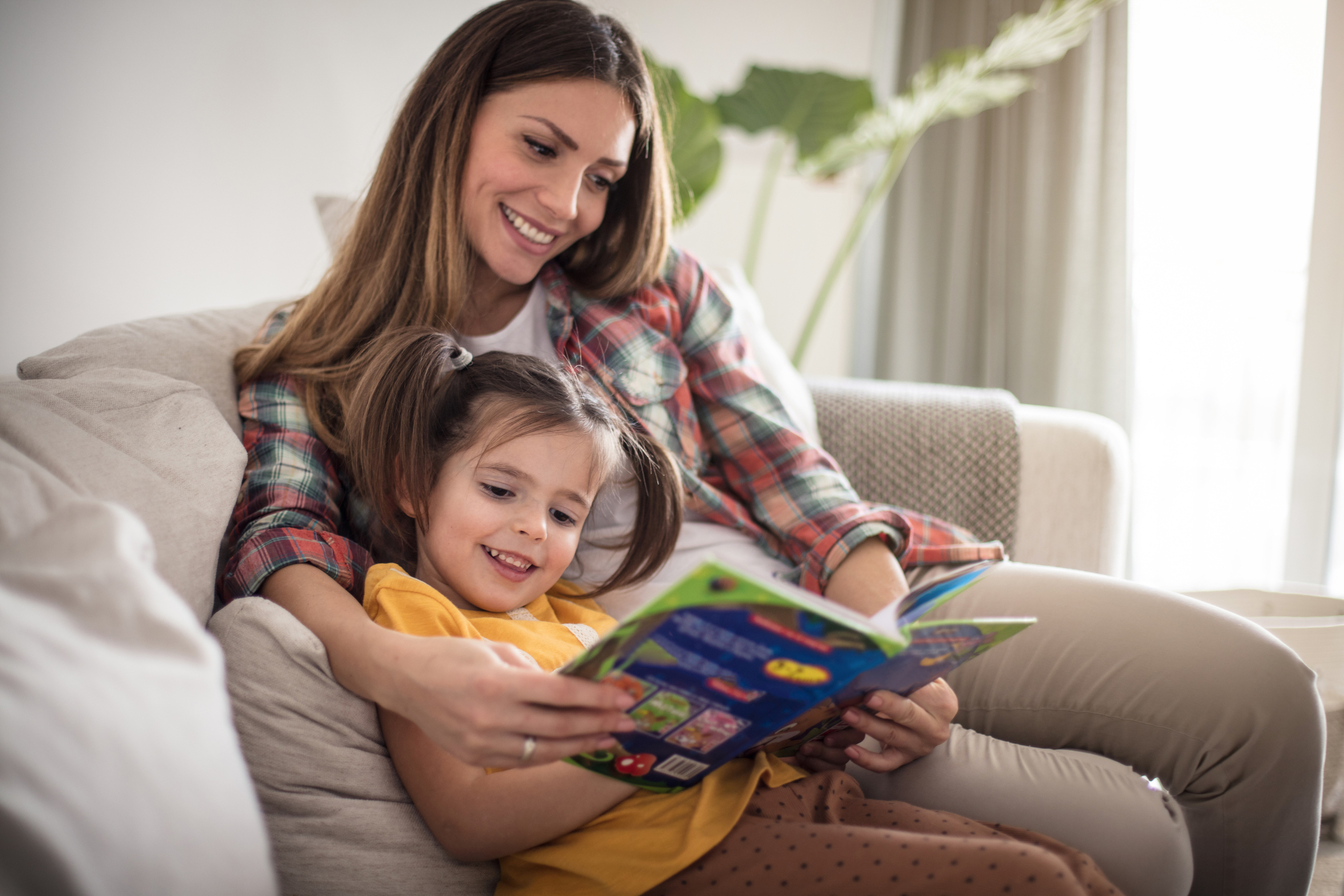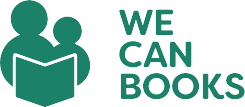When is Your Child Ready to Learn to Read?

Recognizing when your child is ready to start reading can be an exciting and important milestone. Keep in mind that children develop at different rates, so it’s essential to look for a combination of signs rather than expecting all of them to be present at once. Here are some common signs that your child may be ready to read:
- Interest in books: If your child shows a genuine interest in books and enjoys looking at them or being read to, it’s a positive sign. They may ask you to read the same book repeatedly or engage in pretend reading.
- Recognizing letters: When your child starts to recognize and name letters of the alphabet, it’s a good indication that they are making progress toward reading readiness.
- Phonemic awareness: Phonemic awareness is the ability to recognize and manipulate individual sounds in words. If your child can identify rhyming words, break words into syllables, or recognize the initial sounds of words, this is a crucial step toward reading.
- Print awareness: Children who are ready to read often show an understanding of how print works. They may point to words as you read them, follow the text from left to right, and understand that words have meaning.
- Storytelling: If your child can retell or create simple stories with a beginning, middle, and end, this demonstrates an understanding of narrative structure, which is important for comprehension skills.
- Fine motor skills: Good fine motor skills, such as the ability to hold a pencil or crayon and draw, can be an indicator of readiness for writing and, subsequently, reading.
- Curiosity and questions: A child’s curiosity about the world and their willingness to ask questions about how things work or what words mean shows a desire to learn and understand, which is fundamental for reading.
- Letter recognition and writing: When your child starts trying to write letters or their name, it’s a sign of growing interest in letters and words.
- Word and language play: If your child enjoys word games, such as rhyming or making up silly words, it’s a sign of a budding interest in language and reading.
- Memorization and repetition: Children often enjoy memorizing favorite books or songs, and they may start reciting them from memory.
Remember that reading readiness varies from child to child, and it’s important not to rush the process. Encourage their interest in books, engage in activities that promote language and literacy development, and provide a supportive and positive reading environment. If you have concerns about your child’s readiness to read, consider talking to a teacher or pediatrician for guidance and recommendations.
We Can Books is a great way to help teach your child to read when they are ready, as our combination of familiar images and rhyming phonics word sets is fun and engaging.

